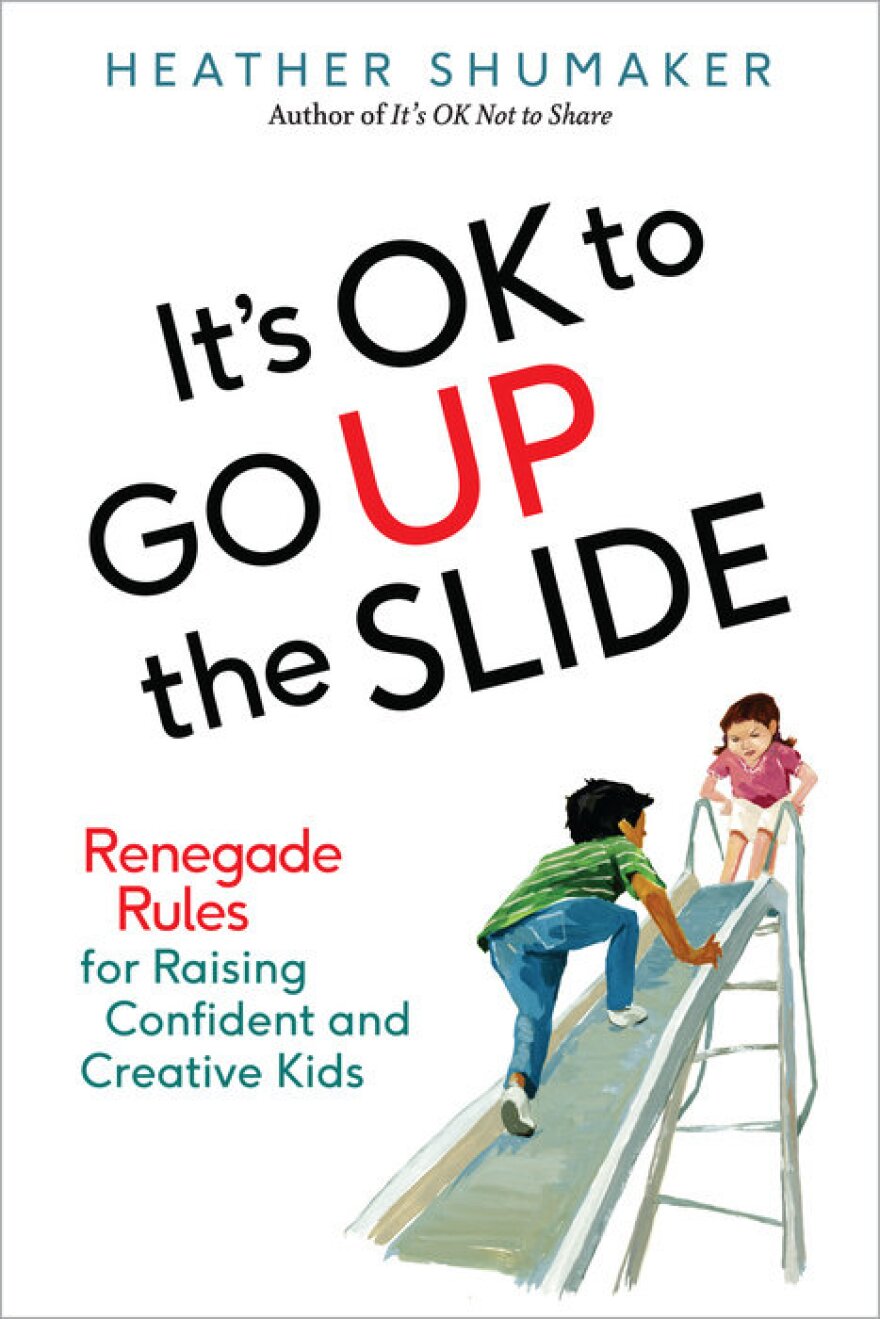Ask an elementary school student what his or her favorite part of school is, and there’s a decent chance that recess might be the answer. However as schools stress academics, the time reserved recess is increasingly the first to be taken away.
Some childhood experts say that what’s going on during recess is learning that’s just as important, perhaps more so, than the homework that takes up a child’s time in the evening. Heather Shumakerdid her graduate work at UW-Madison and is the author of two books on early childhood. She worries that recess is increasingly getting overlooked and her latest book,It’s OK to Go Up the Slide, stresses the importance and role that recess plays in developing confident and creative children.
"I think kids can benefit by getting some tools from us, but once they have some tools, they need chances to practice them," says Shumaker. "And sometimes it's gonna look like a longer, dragged out discussion argument than we would like, but they need this kind of practice and they need to see the reactions of their playmates when they behave a certain way."
With a rising obesity epidemic in children in the United States, parents and schools often turn to increasing gym classes instead of more recess. However, Shumaker notes that these activities are not the same thing and benefit a child in different ways.
"The frontal lobe, where we have all that memory, focus, learning, impulse control, executive functioning - some of that is strengthened by other kinds of learning like being outside and playing physically," she explains.
In the open environment that recess permits, children learn one of the most important skills of communication with others. Shumaker notes it is very important to teach kids how to say what they don't like by speaking up and being specific. Parents often hear 'he's mean' or 'I don't like it' instead of a concrete explanation that they can use to help solve a problem.
"When the kids find something they don't like, it's a great opportunity to teach them those peace skills of conflict mediation and say, 'You didn't like it when he pushed you that hard? Well tell him.' And then you're setting those rules child to child and they're learning the skills of peace having a great old time at the same time," says Shumaker.







